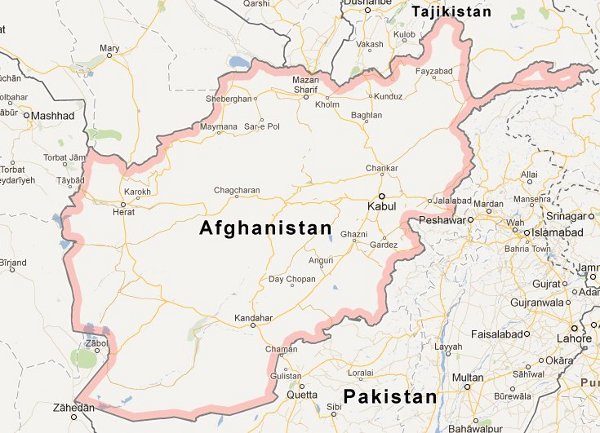Rebuilding Afghanistan and Doing It Wrong


The New York Times has a report on a suppressed 800-page human rights report concerning Afghanistan's civil war in the 90s, which reveals that many of the most senior members of the Afghan government are, not to put too fine a point on it, as much mass-murderers as any Taliban leader.
The list of names is a sort of who’s who of power players in Afghanistan: former and current warlords or officials, some now in very prominent positions in the national government, as well as in insurgent factions fighting it. Many of the named men were principals in the civil war era after the Soviet Union withdrew, and they are also frequently mentioned when talk here turns to fears of violence after the end of the NATO combat mission in 2014. Already, there is growing concern about a scramble for power and resources along ethnic and tribal lines....Among them are First Vice President Fahim, a Tajik from the Jamiat Islami Party, and Second Vice President Karim Khalili, a Hazara leader from the Wahdat Party; Gen. Atta Mohammed Noor, a Tajik from the Jamiat Islami Party and now the governor of the important northern province of Balkh, of which Mazar-i-Sharif is capital; and Gen. Abdul Rashid Dostum, a former Uzbek warlord from the Jumbush Party who holds the honorary title of chief of staff to the supreme commander of the Afghan Armed Forces, among many others.
Those same leaders, and Karzai, have tried hard to ensure the report never officially sees the light of day, with first vice president Marshall Fahim reportedly telling the assembled Afghan cabinet "we should just shoot 30 holes in his face" when speaking about the head of the Afghan Independent Human Rights Commission which wrote the report. Their U.S. sponsors aren't keen on seeing the report released either.
The American Embassy here has been another source of objection to the mass-graves report. American officials say releasing the report would be a bad idea, at least until after Afghanistan’s 2014 presidential election — which is also when the NATO combat withdrawal should be complete. “I have to tell you frankly on the mapping thing, when I first learned about it, it scared me,” said a senior American official, speaking on condition of anonymity as a matter of embassy policy. “There will be a time for it, but I’m not persuaded this is the time.”
That's as clear an admission that the U.S. has been wallpapering over the cracks to report rosy "momentum" in Afghanistan all along as we are likely to see. It has always been the case that these callous, mass-murdering men were sponsored and shielded from scrutiny by the occupiers and many have continued their corruption, criminal activities and, yes, even committing atrocities while under the West's protecting wing.
Building even an "Afghanistan-good-enough" with such men was always impossible - all are interested only in carving their own fiefdoms by any means, not in being even Assad-style strong men capable of compelling a nation into being let alone in working by a democratic method. Yet the futility and duplicitousness of pretending otherwise is apparently not one of the lessons even the brightest among America's analysts is explicitly saying we should learn. The West's leaders are complicit and its "serious" experts, often for political or careerist reasons, have their heads stuck in the sand.
(This article first appeared at The Agonist)


